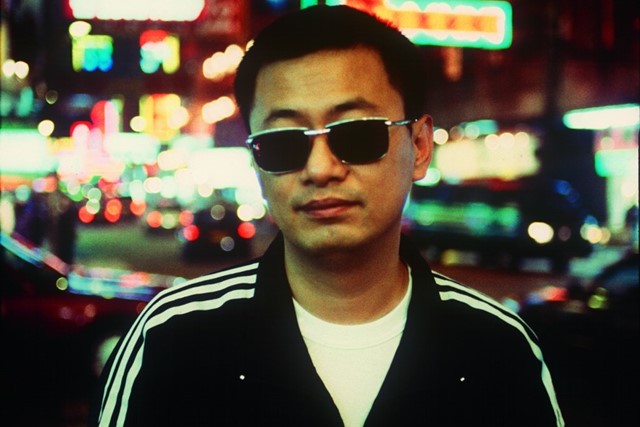speckledtroutrodeo.com – Wong Kar-wai, the celebrated Hong Kong filmmaker, is renowned for his visually stunning and emotionally resonant films. With a unique style that combines vibrant colors, striking cinematography, and a deep exploration of human emotions, Wong has crafted a cinematic language all his own. His films are not only visually captivating but also offer profound insights into love, loneliness, and the passage of time.
Early Career and Artistic Vision
Wong Kar-wai began his career as a screenwriter before moving into directing in the late 1980s. His early films, such as “As Tears Go By” (1988) and “Days of Being Wild” (1990), laid the foundation for his distinct aesthetic. Wong’s work is characterized by a non-linear narrative structure, richly textured visuals, and a focus on mood and atmosphere over plot.
Collaboration with Cinematographer Christopher Doyle
A significant aspect of Wong Kar-wai’s visual style is his collaboration with Australian cinematographer Christopher Doyle. Together, they created some of the most visually arresting films of the 1990s and 2000s. Doyle’s innovative use of color, lighting, and camera movement complements Wong’s artistic vision, resulting in a series of films that are both visually and emotionally compelling.
Iconic Films and Visual Style
One of Wong’s most iconic films, “In the Mood for Love” (2000), exemplifies his lush visual style. The film’s use of rich colors, slow motion, and carefully framed shots creates an atmosphere of longing and nostalgia. The meticulous attention to detail in costume and set design further enhances the film’s aesthetic appeal, drawing viewers into the world of the characters.
Another hallmark of Wong’s visual style is his use of music and sound to complement the visuals. In “Chungking Express” (1994), the juxtaposition of fast-paced editing and a lively soundtrack captures the frenetic energy of urban life. This film, along with “Fallen Angels” (1995), showcases Wong’s ability to blend visual and auditory elements to create a multisensory experience.
Themes and Emotional Depth
While Wong Kar-wai’s films are celebrated for their visual beauty, they are also deeply emotional. Themes of love, memory, and the passage of time are explored through the characters’ interactions and the evocative imagery. Wong’s ability to convey complex emotions with minimal dialogue and powerful visuals is a testament to his skill as a filmmaker.
Legacy and Influence
Wong Kar-wai’s films have left an indelible mark on cinema, influencing a generation of filmmakers and artists. His unique approach to storytelling and his dedication to visual storytelling have earned him a place among the most influential directors of his time. Wong’s work continues to be celebrated in film festivals and retrospectives around the world.
Conclusion
The lush visuals of Wong Kar-wai’s films offer a mesmerizing journey into the depths of human emotion and experience. His distinctive style, characterized by vibrant colors, innovative cinematography, and a focus on atmosphere, has redefined what cinema can achieve. As audiences continue to discover and appreciate his work, Wong Kar-wai remains a master of visual storytelling, captivating viewers with his timeless and beautiful films.
